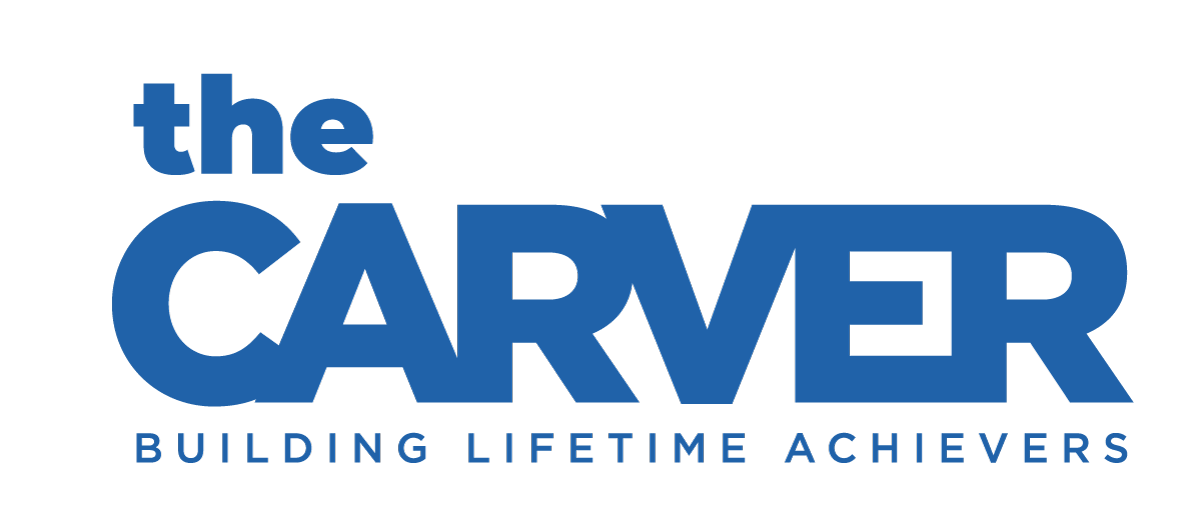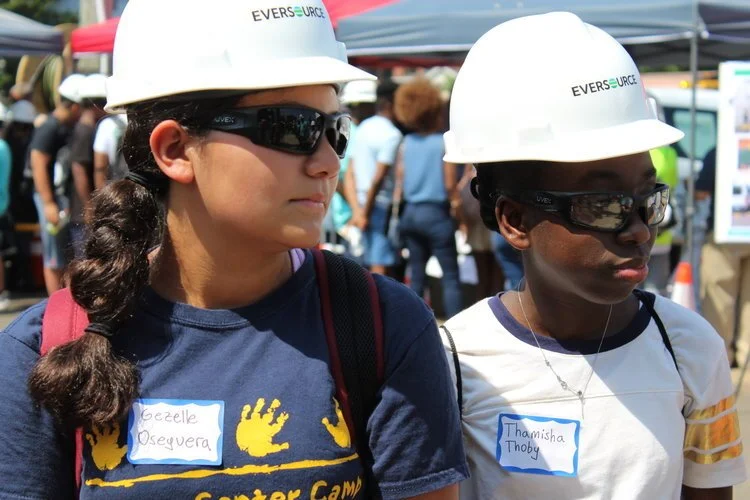The US Education Department launched its online student loan forgiveness application today after testing a beta version over the weekend. More than 8 million borrowers have already submitted an application since last Friday. See the application here.
The official release comes after President Joe Biden in August announced an executive action to cancel up to $10K of federal student loan debt for those who made less than $125K per year (or $250K per household) in either 2020 or 2021, and up to $20K for Pell Grant recipients.
The form, available through Dec. 31, 2023, asks for individuals’ date of birth, Social Security number, and contact information. No documents have to be uploaded. Borrowers who qualify for forgiveness and would like their balances adjusted before federal student loan payments restart in January should submit an application by Nov. 15.
Nearly 43 million Americans owe about $1.6T in federal student debt. The average borrower owes more than $37K; the median is between $20K-$25K (see overview).












